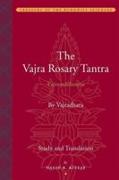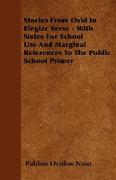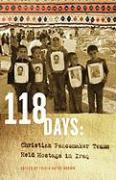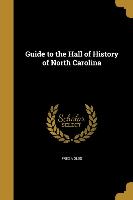The Vajra Rosary Tantra (Vajramalatantra)
BücherAngebote / Angebote:
This is a study and first complete English translation of the Vajra Rosary Tantra (Skt. Vajramala, Tib. rdo rje phreng ba), one of the key Explanatory Tantras of the Secret Community (Skt. Guhyasamaja) and other Tantric systems. The text describes how, after the prerequisite preparations and realizations of the bodhisattva path, through further intense, lengthy, and subtle practices of meditation and other activities, one can become a completely enlightened buddha. The Tantra contains a detailed discussion of the types of yogic practice also discussed in Nagarjuna's Five Stages (Skt. Pancakrama, Tib. rim pa lnga pa), principally covering the first of the perfection stage (nispannakrama) practicies, that of vajra repetition (vajrajapa) or "speech isolation, " but spanning all of the levels of practice up to the stage of integration (yuganaddha), or buddhahood. A distinctive feature of this Tantra is its description of the manipulation of the cakra system and the naming and techniques for mobilizing the subtle neural energy-winds (prana) in meditation, as well as a discussion of how those energy-winds manifest during the cycles of life and death.
The text covers, among other things: the initiations of the perfection stage, great bliss (mahasukha) and the four ecstasies, and how they are produced through sexual yoga, the use of mantras, the Guhyasamaja body mandala of thirty-two deities, the uniting of the various channels (nadi), the six yogas of the perfection stage, the twenty rituals of the creation stage (utpattikrama), and the crucial role played by emptiness in the overall system. The only known commentary on the Vajra Rosary is that by Alamkakalasa, and the translator has drawn heavily on that work in his detailed summary of and commentary on the Tantra. The Introduction gives an account of the history of the text and its Indian and Tibetan translators, particularly the royal monk Zhi ba 'od and the Indian Abbot Sujana Sri Jnana, who, the translator concludes, might have been Atisa. Published by American Institute of Buddhist Studies (AIBS)
Folgt in ca. 15 Arbeitstagen




